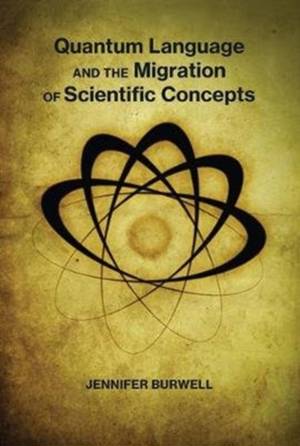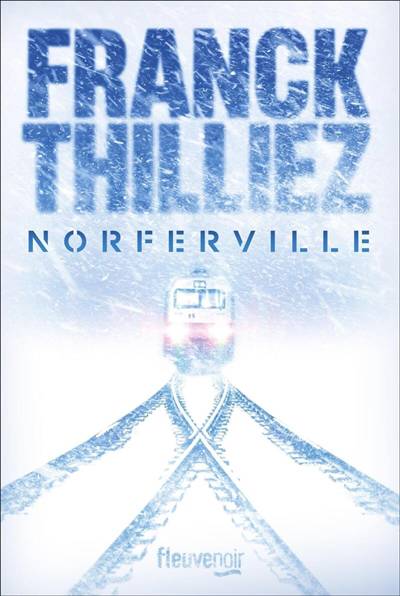
- Retrait gratuit dans votre magasin Club
- 7.000.000 titres dans notre catalogue
- Payer en toute sécurité
- Toujours un magasin près de chez vous
- Retrait gratuit dans votre magasin Club
- 7.000.000 titres dans notre catalogue
- Payer en toute sécurité
- Toujours un magasin près de chez vous
Description
The principles of quantum physics--and the strange phenomena they describe--are represented most precisely in highly abstract algebraic equations. Why, then, did these mathematically driven concepts compel founders of the field, particularly Erwin Schrödinger, Niels Bohr, and Werner Heisenberg, to spend so much time reflecting on ontological, epistemological, and linguistic concerns? What is it about quantum concepts that appeals to latter-day Eastern mystics, poststructuralist critics, and get-rich-quick schemers? How did their interpretations and misinterpretations of quantum phenomena reveal their own priorities? In this book, Jennifer Burwell examines these questions and considers what quantum phenomena--in the context of the founders' debates over how to describe them--reveal about the relationship between everyday experience, perception, and language.
Drawing on linguistic, literary, and philosophical traditions, Burwell illuminates representational and linguistic problems posed by quantum concepts--the fact, for example, that quantum phenomena exist only as probabilities or tendencies toward being and cannot be said to exist in a particular time and place. She traces the emergence of quantum theory as an analytic tool in literary criticism, in particular the use of wave/particle duality in interpretations of gender differences in the novels of Virginia Woolf and critics' connection of Bohr's Principle of Complementarity to poetic form; she examines the "quantum mysticism" of Fritjof Capra and Gary Zukav; and she concludes by analyzing "nuclear discourse" in the context of quantum concepts, arguing that it, too, adopts a language of the unthinkable and the indescribable.
Spécifications
Parties prenantes
- Auteur(s) :
- Editeur:
Contenu
- Nombre de pages :
- 336
- Langue:
- Anglais
- Collection :
Caractéristiques
- EAN:
- 9780262037556
- Date de parution :
- 09-02-18
- Format:
- Livre relié
- Format numérique:
- Genaaid
- Dimensions :
- 160 mm x 229 mm
- Poids :
- 544 g







